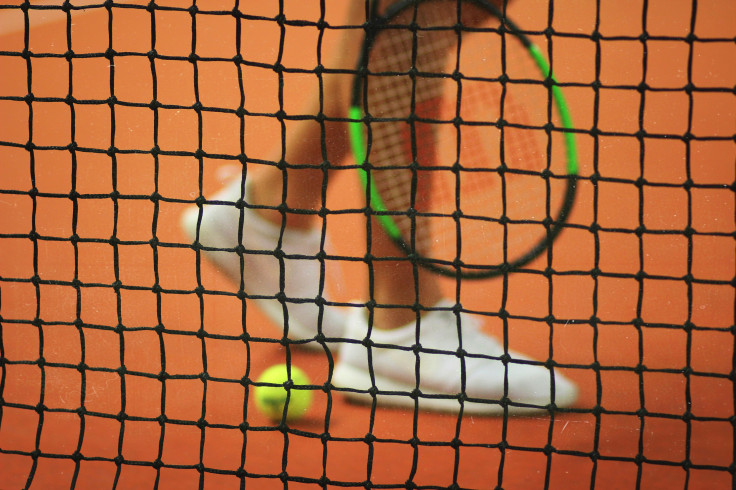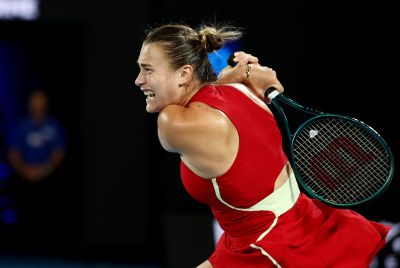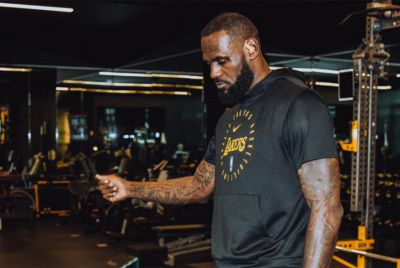Why Qinwen Zheng's US Open Withdrawal is a Smart Move for Her Career
Olympic champion Zheng prioritises health over short-term glory with timely elbow surgery

Olympic gold medallist Qinwen Zheng has officially withdrawn from the 2025 US Open due to elbow surgery. While the news may disappoint fans, it is a shrewd move that prioritises health and long-term success, an example of mature decision-making in modern tennis.
According to Reuters, the Chinese player underwent arthroscopic surgery on her right elbow after months of worsening discomfort. The injury became more pronounced following her gold medal victory at the Paris 2024 Olympics, prompting her medical team to intervene decisively.
Why Elbow Surgery Was Inevitable
Zheng initially pursued non-surgical options such as physiotherapy and rest. However, scans revealed microtears and inflammation that made surgical repair the only viable route. Per Tennis Now, the 22-year-old's medical team agreed that a minimally invasive procedure offered the best outcome without compromising her future.
Arthroscopic surgery, which involves small incisions and targeted repairs, typically allows for faster recovery. More importantly, it prevents long-term damage, essential for an elite player who relies heavily on forehand torque and serve velocity.
Recovery Time is a Wise Investment
Zheng's withdrawal from the US Open, scheduled to begin on 24 August 2025, means she will miss out on 430 WTA ranking points earned last year. However, that total represents only 8.9% of her current WTA points (4,830), and she is projected to remain within the top 10.
According to ESPN, her return could come as early as the WTA Finals or Asian swing later in the season. That timeline allows for 8 to 12 weeks of recovery, typical for such a procedure, followed by strength training and match fitness.
Skipping one Grand Slam is a small price to pay for regaining full form and confidence. The risk of aggravating the injury during the US hard-court swing is far higher than any immediate reward.
A Mental Reset Alongside Physical Healing
Zheng herself acknowledged the emotional importance of the decision, saying on Instagram that the surgery was 'a necessary step toward a better version of myself'. Her transparency reflects the evolving mindset in elite sport, where long-term wellbeing is increasingly prioritised.
By stepping back now, Zheng avoids the mental toll of competing at half strength. Elbow injuries affect every part of a tennis player's game, serve, baseline play and even footwork. A cautious break eliminates the psychological stress of compensating mid-match.
Financially and Commercially, the Risk is Low
Zheng has already earned over £1.2 million ($1.55 million) in prize money this season. Endorsement deals and her Olympic success ensure that her commercial standing remains strong, despite a temporary absence from the spotlight.
Moreover, missing the US Open actually enhances her image as a responsible, forward-thinking athlete. Her choice is likely to resonate with fans and sponsors who value integrity and long-term planning.
A New Standard for Career Longevity
At just 22, Zheng is not only making choices that extend her playing years, she is setting an example for rising stars. In a sport where players often compete through pain until injuries escalate, her decision represents a refreshing shift.
Rather than treating pain as a badge of honour, Zheng has recognised when to pause. As sports science advances, this approach may soon become the norm rather than the exception.
Long-Term Gains Trump Short-Term Absence
Qinwen Zheng's decision to skip the 2025 US Open is not a setback, it's a strategic pause. With surgery complete and recovery underway, she is positioning herself for sustained success. In doing so, she reinforces a powerful message: smart choices today build champions tomorrow.
© Copyright IBTimes 2025. All rights reserved.




















